Britain on Film: six highlights from BFI's new public archive
From 'bathing beauties' to Moslems in Britain, BFI Player makes thousands of films available to public

A free daily email with the biggest news stories of the day – and the best features from TheWeek.com
You are now subscribed
Your newsletter sign-up was successful
The British Film Institute has released thousands of films depicting life in 20th-century Britain, making them available for public viewing for the first time.
Put together from a selection of UK film and TV archives, Britain on Film is available, free of charge, on the new BFI Player. The ongoing project will result in 10,000 films being digitised by 2017, ranging from 1895 to the present day.
The current selection includes newsreels, adverts, forgotten TV and films which reveal insights into British life, as well as the world's earliest home movies, from 1902. Around 2,500 films have also been put online, and researchers have unearthed many gems, says The Guardian.
The Week
Escape your echo chamber. Get the facts behind the news, plus analysis from multiple perspectives.

Sign up for The Week's Free Newsletters
From our morning news briefing to a weekly Good News Newsletter, get the best of The Week delivered directly to your inbox.
From our morning news briefing to a weekly Good News Newsletter, get the best of The Week delivered directly to your inbox.
"We have these extraordinary, vast collections," BFI head curator, Robin Baker, told the paper. "But until these films have been digitised the only chance of anyone ever seeing them are on the occasional screenings."
The BFI has also added a 'film map' to help viewers search for videos that might have particular meaning to them because they are about life in a particular region or area where they may have grown up, worked or visited.
Here are some of the highlights that viewers might want to look for:
Chestefield surveillance footage
A free daily email with the biggest news stories of the day – and the best features from TheWeek.com
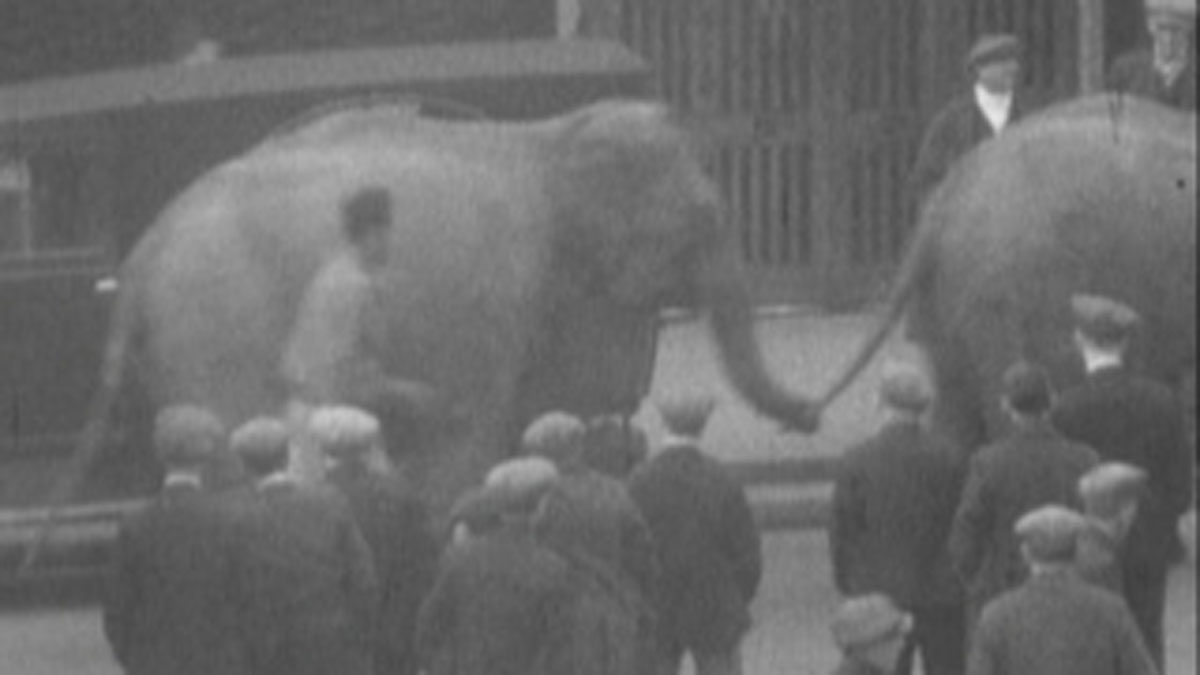
The footage filmed in 1935 is significant because it was the first film used as evidence in a British court of law. PC Saunders, named in the end credit, filmed an illegal betting ring going on in Chesterfield's market square. The film takes a surreal turn, the Guardian notes, when three elephants parade past, presumably because the circus was in town.
Empire Road
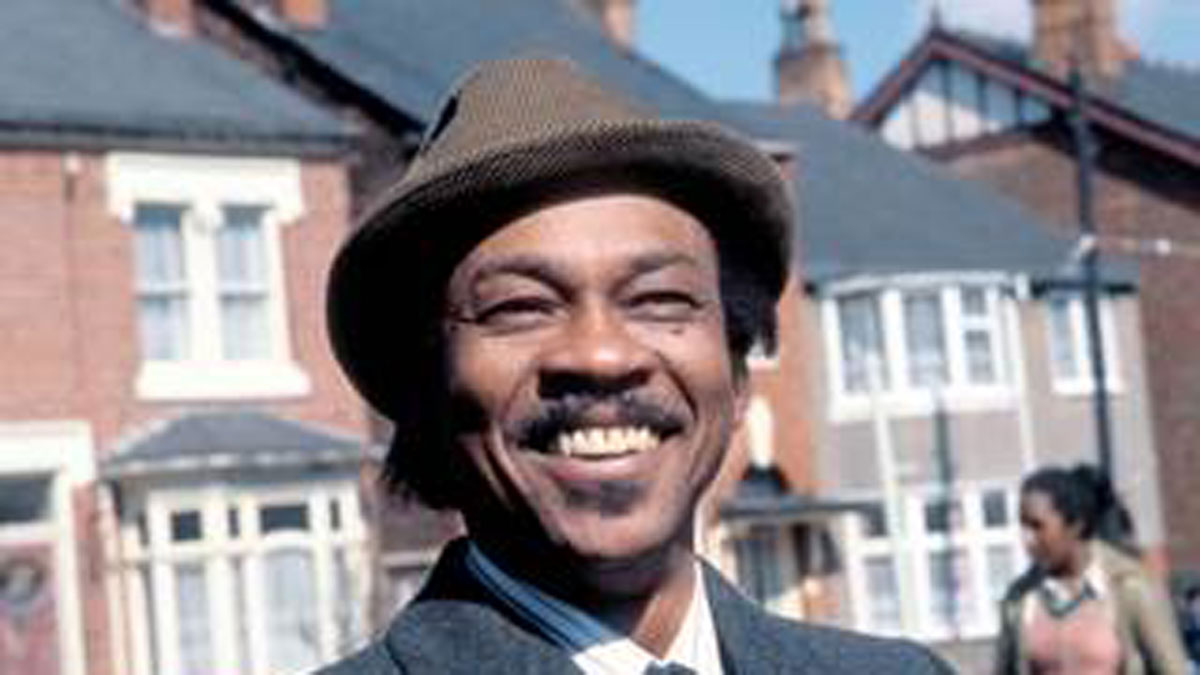
This series from the late 1970s was the first serious attempt at a long-running drama addressing Britain's growing multi-racial society. Unlike sitcoms such as Love Thy Neighbour, which played racial issues for laughs, Empire Road tried to depict reality with a combination of drama, comedy and tragedy. Structured around the Bennett family, who live in the symbolically named Empire Road in the heart of multi-racial Birmingham, the series brought together some of the leading black actors of the day.
Father Neptune Ceremony on Brighton Beach
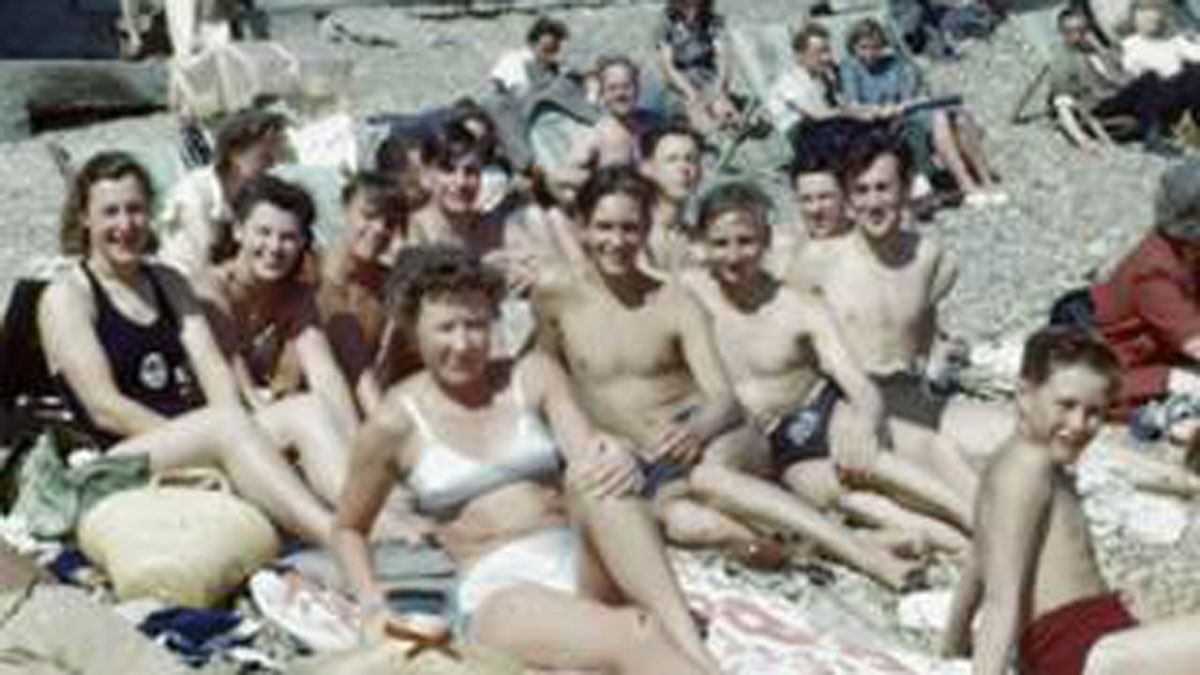
There's lots of bare flesh on show in this surprisingly sensual film from 1951, says the Daily Telegraph. It shows the various beach get-togethers of the Brighton Swimming Club. Included in this compilation is a ceremony dedicated to Father Neptune, which involves dressing up in fancy dress and being dunked into the sea.
Bathing Beauty Contest
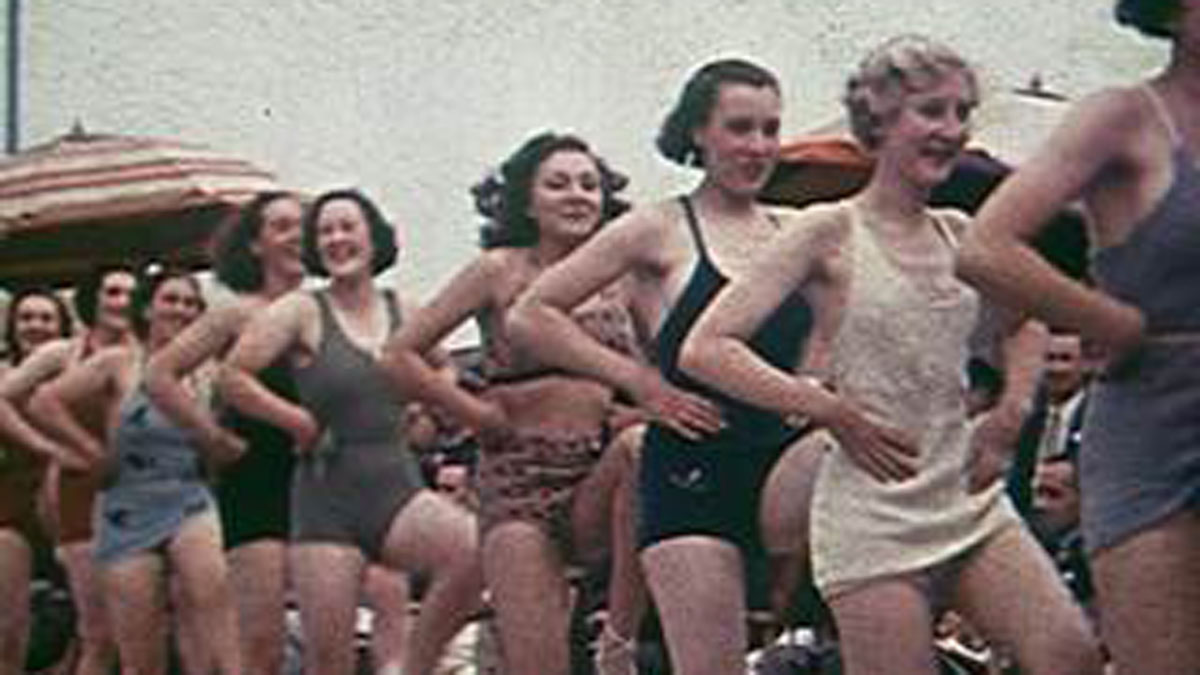
Made in 1946 by William King, a businessman from Cambridge, the film shows footage of fun and frolics at Butlins. King had a holiday house at nearby Holland-on-sea and, as an enthusiastic amateur film maker, would visit Butlins at Clacton to film campers participating in events.
Moslems in Britain
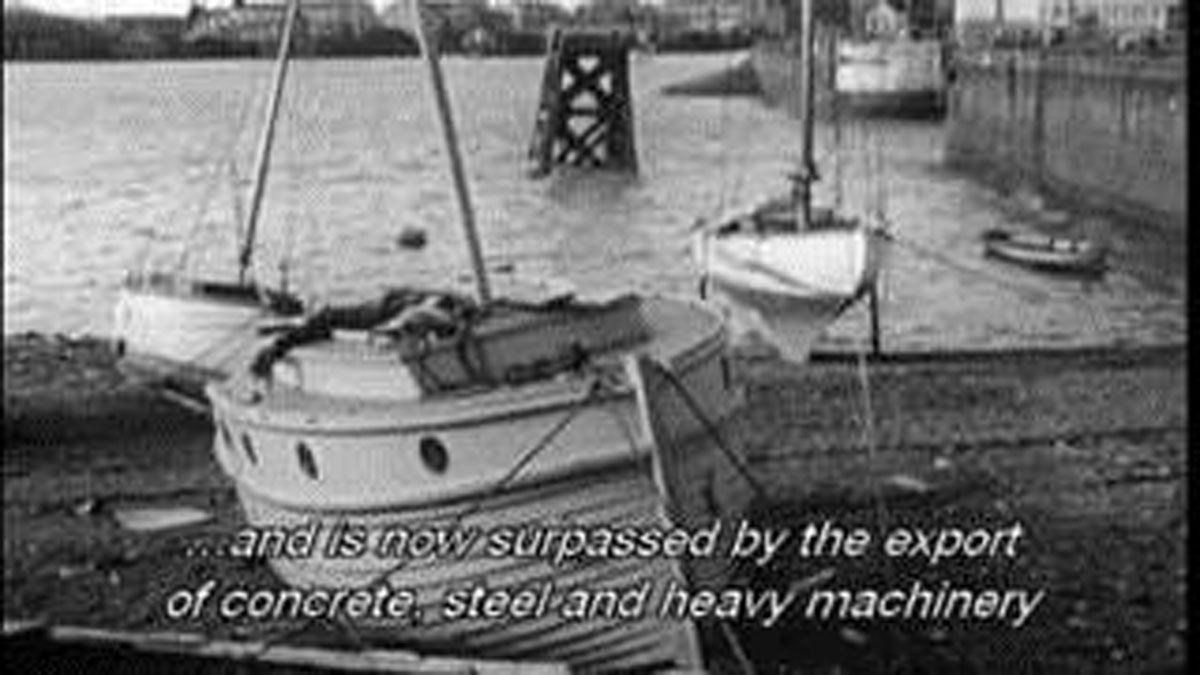
This series of films from the 1960s extols the joys of life and work in various cities in Britain, including Cardiff and Manchester. This government recruitment film was designed to encourage Arab workers to come to Britain and improve relations between Britain and the Arab word in the years following the Suez crisis. It features interviews with Arab residents and community leaders about their positive experiences in large UK cities.
The Skimsters
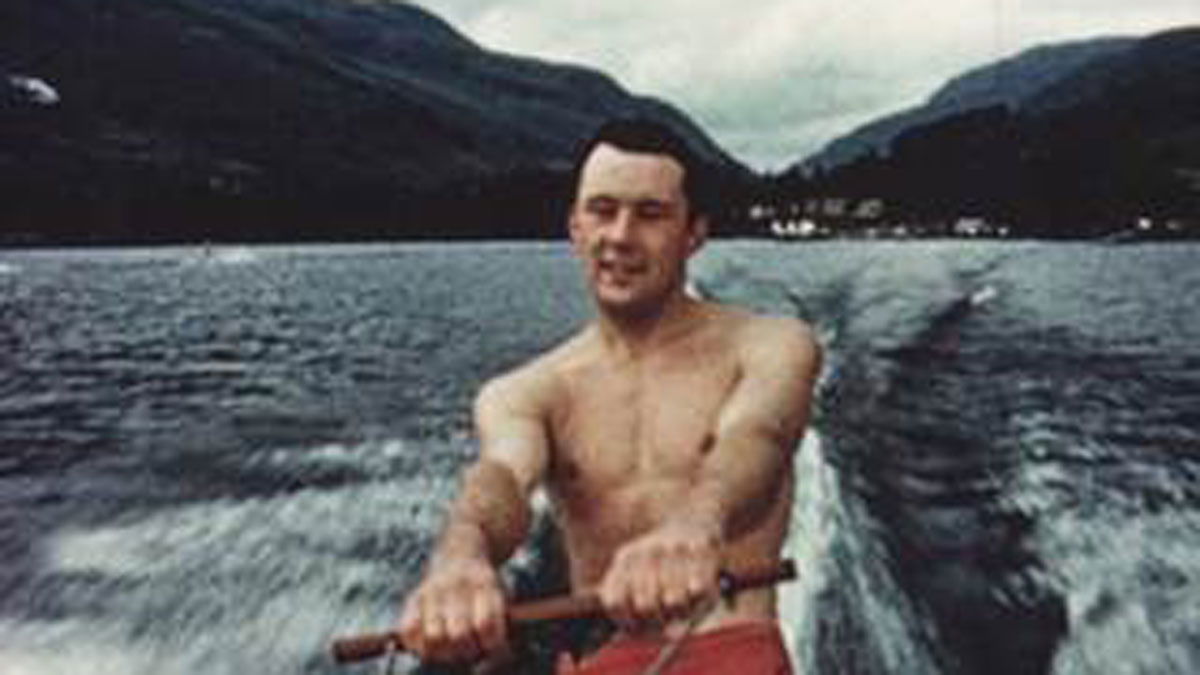
Surprisingly from Scotland, this 1951 film shows water-skiers on Loch Earn, Perth. It features an array of brave men and women in colourful bathing attire, performing jumps and tricks. The film won the Marshall Quaich award at the 1959 Scottish Amateur Film Festival, and four stars in the Amateur Cine World Ten Best competition.
-
 What are the best investments for beginners?
What are the best investments for beginners?The Explainer Stocks and ETFs and bonds, oh my
-
 What to know before filing your own taxes for the first time
What to know before filing your own taxes for the first timethe explainer Tackle this financial milestone with confidence
-
 The biggest box office flops of the 21st century
The biggest box office flops of the 21st centuryin depth Unnecessary remakes and turgid, expensive CGI-fests highlight this list of these most notorious box-office losers
-
 Friendship: 'bromance' comedy starring Paul Rudd and Tim Robinson
Friendship: 'bromance' comedy starring Paul Rudd and Tim RobinsonThe Week Recommends 'Lampooning and embracing' middle-aged male loneliness, this film is 'enjoyable and funny'
-
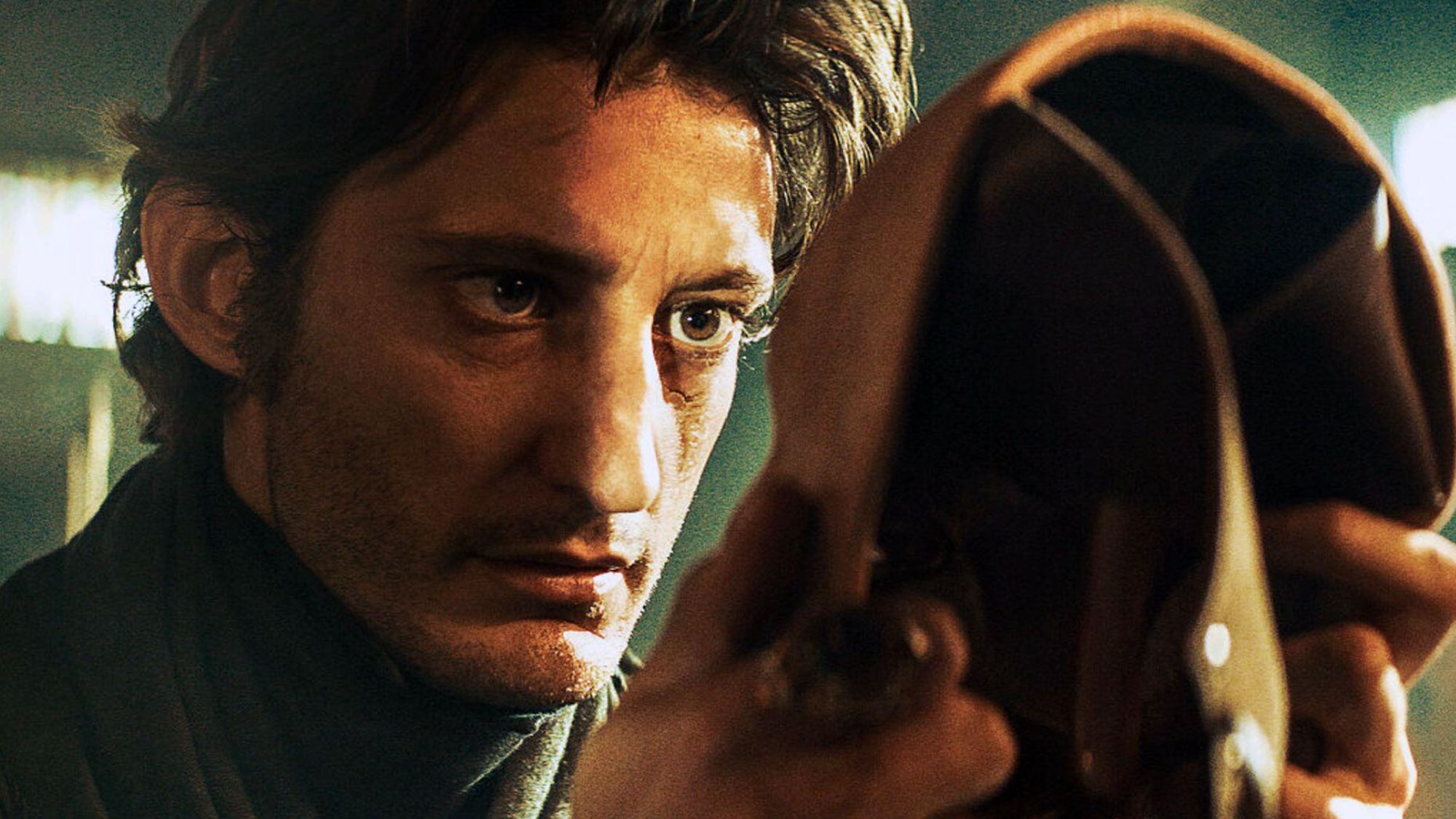 The Count of Monte Cristo review: 'indecently spectacular' adaptation
The Count of Monte Cristo review: 'indecently spectacular' adaptationThe Week Recommends Dumas's classic 19th-century novel is once again given new life in this 'fast-moving' film
-
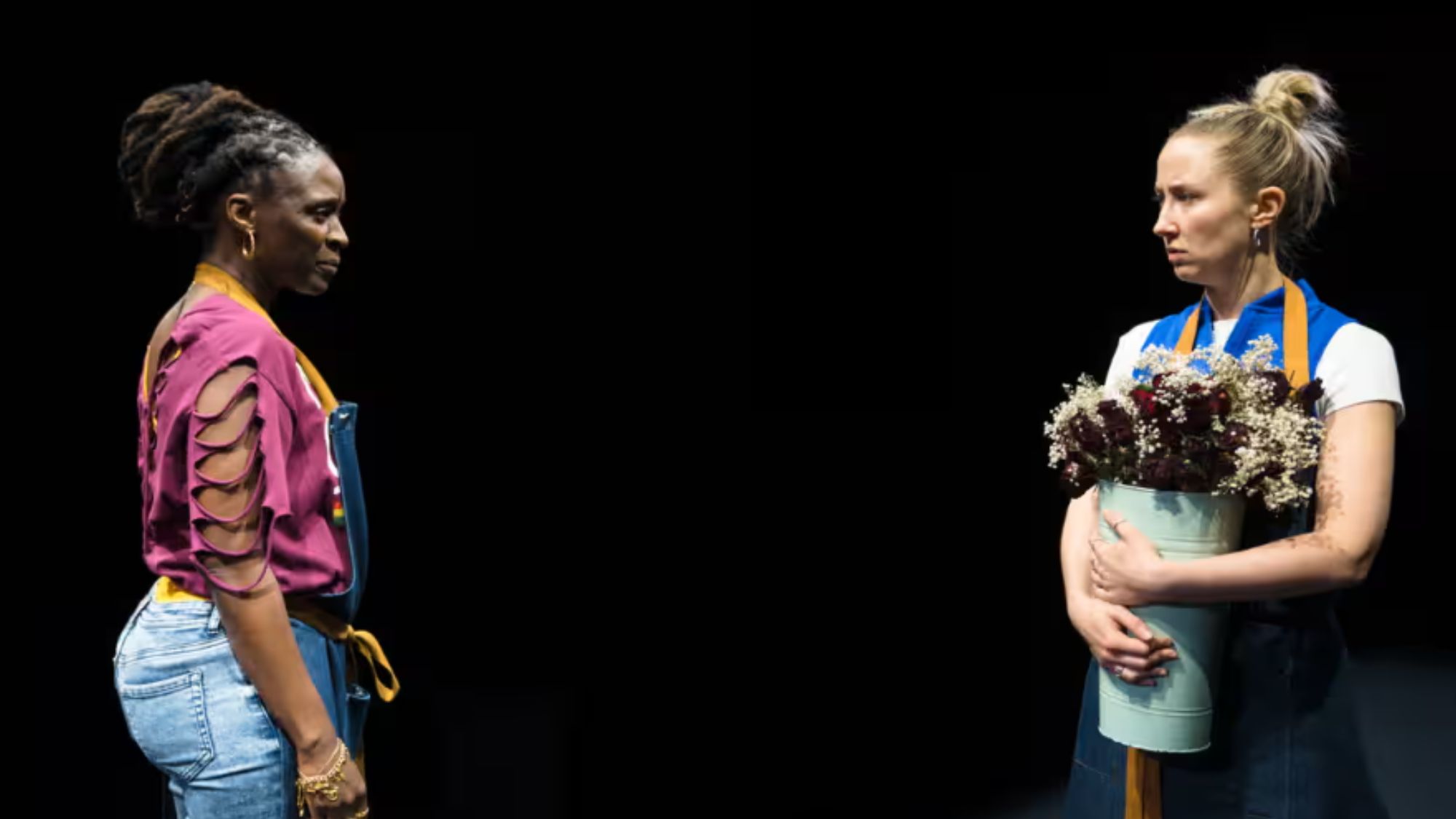 Death of England: Closing Time review – 'bold, brash reflection on racism'
Death of England: Closing Time review – 'bold, brash reflection on racism'The Week Recommends The final part of this trilogy deftly explores rising political tensions across the country
-
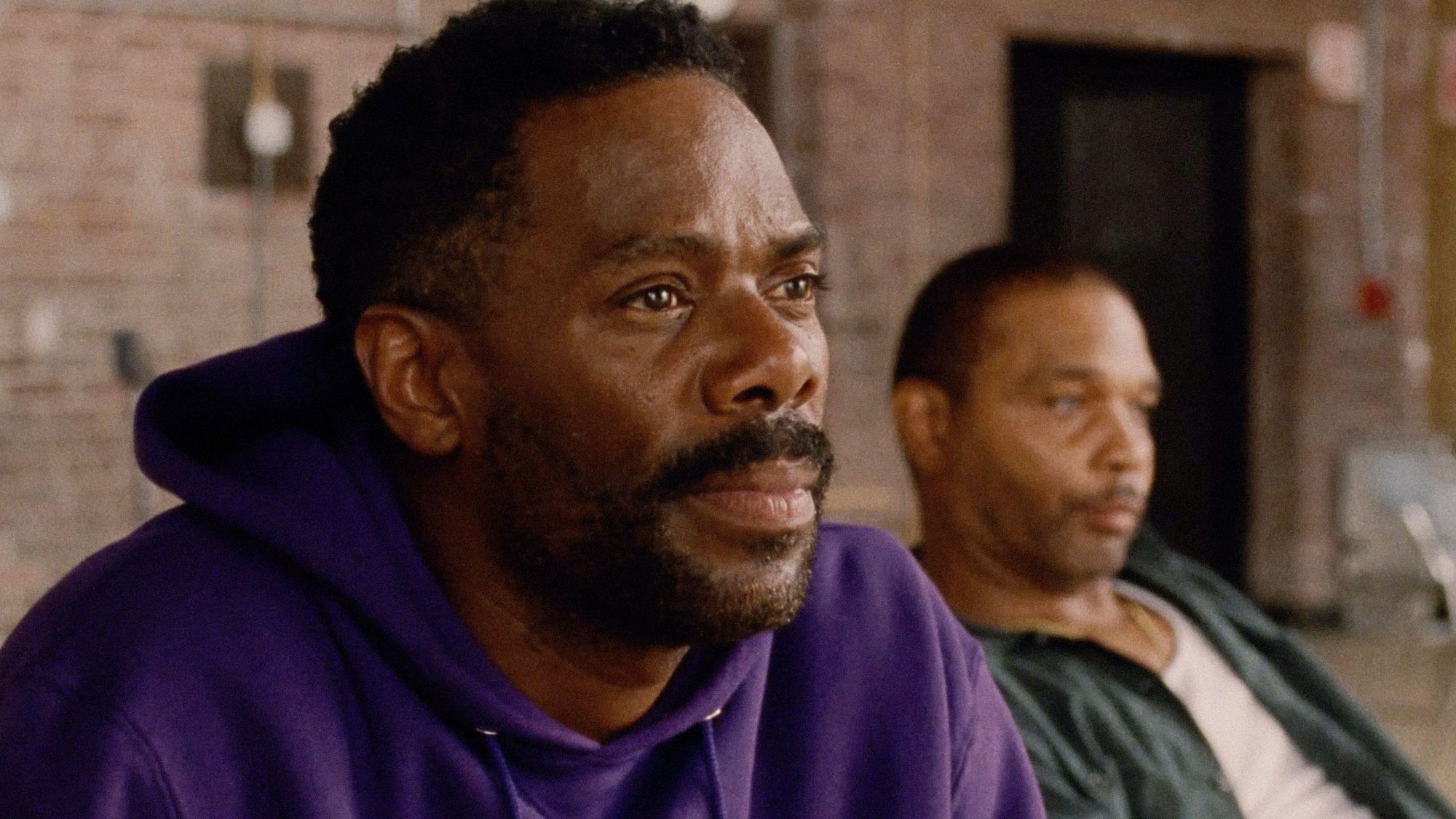 Sing Sing review: prison drama bursts with 'charm, energy and optimism'
Sing Sing review: prison drama bursts with 'charm, energy and optimism'The Week Recommends Colman Domingo plays a real-life prisoner in a performance likely to be an Oscars shoo-in
-
 Kaos review: comic retelling of Greek mythology starring Jeff Goldblum
Kaos review: comic retelling of Greek mythology starring Jeff GoldblumThe Week Recommends The new series captures audiences as it 'never takes itself too seriously'
-
 Blink Twice review: a 'stylish and savage' black comedy thriller
Blink Twice review: a 'stylish and savage' black comedy thrillerThe Week Recommends Channing Tatum and Naomi Ackie stun in this film on the hedonistic rich directed by Zoë Kravitz
-
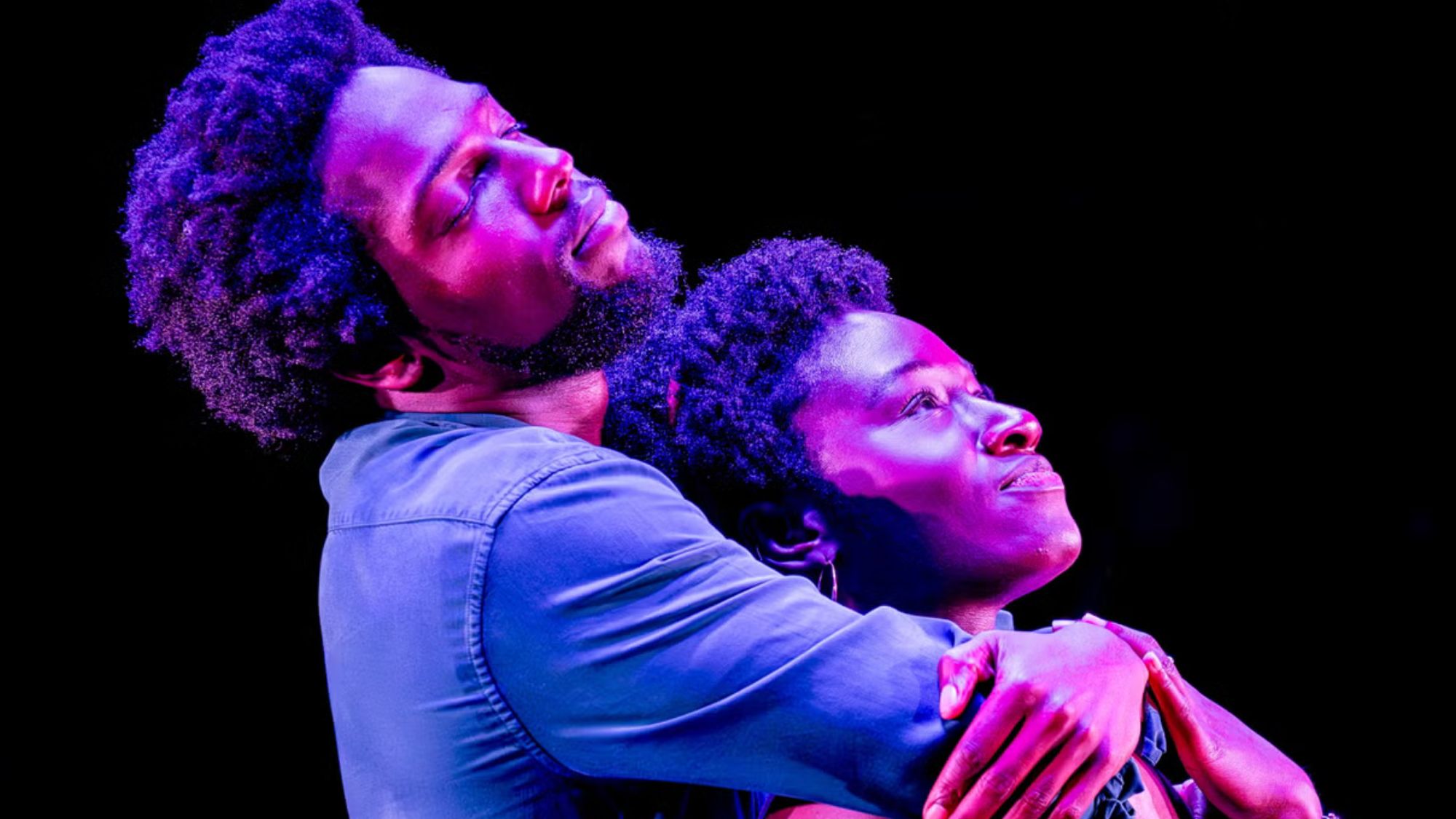 Shifters review: 'beautiful' new romantic comedy offers 'bittersweet tenderness'
Shifters review: 'beautiful' new romantic comedy offers 'bittersweet tenderness'The Week Recommends The 'inventive, emotionally astute writing' leaves audiences gripped throughout
-
 How to do F1: British Grand Prix 2025
How to do F1: British Grand Prix 2025The Week Recommends One of the biggest events of the motorsports calendar is back and better than ever